Dec 13, 2024
The future of neuroscience could be wireless
Posted by Shubham Ghosh Roy in categories: biotech/medical, Elon Musk, neuroscience
Though Elon Musk’s Neuralink put wireless brain implants in the spotlight — in early 2024, Musk announced his company’s first implant was successful — the research and development of these devices has spanned decades. The BrainGate clinical trials have been underway for 20 years, and the consortium’s wireless implant marks the first time a person has used an implant with high bandwidth capabilities.
Wireless technologies are opening doors in neuroscience, enabling new capabilities in communication, treatment, and research. Because wireless implants can monitor the brain for long periods of time, they offer a unique opportunity to examine neural dynamics, increasing our understanding of the human mind. Their cord-free design also benefits people hoping to use these devices outside a research setting and improve their quality of life.
The first brain implant is credited to neurologist Phil Kennedy, who had the device surgically affixed to his brain. Today, wired implants are less invasive and widely used. They can help prevent seizures, manage OCD symptoms, and treat movement disorders.
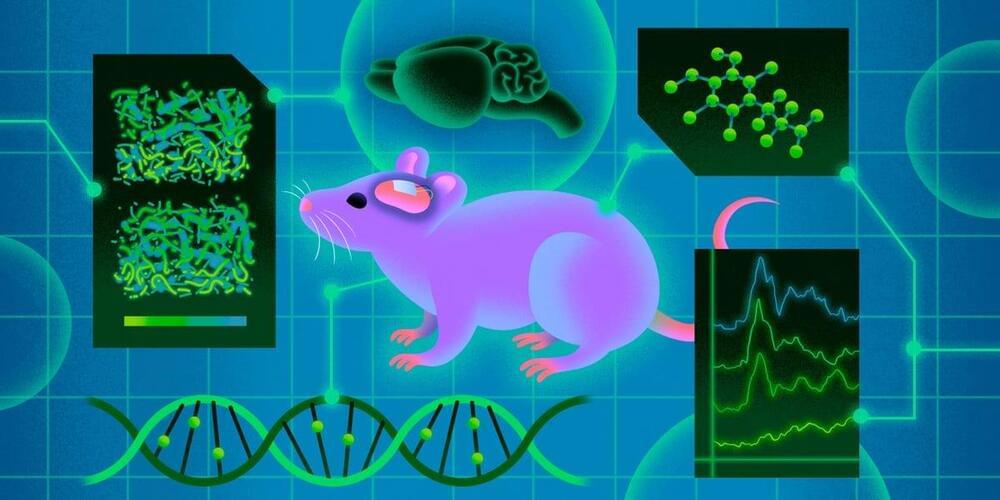

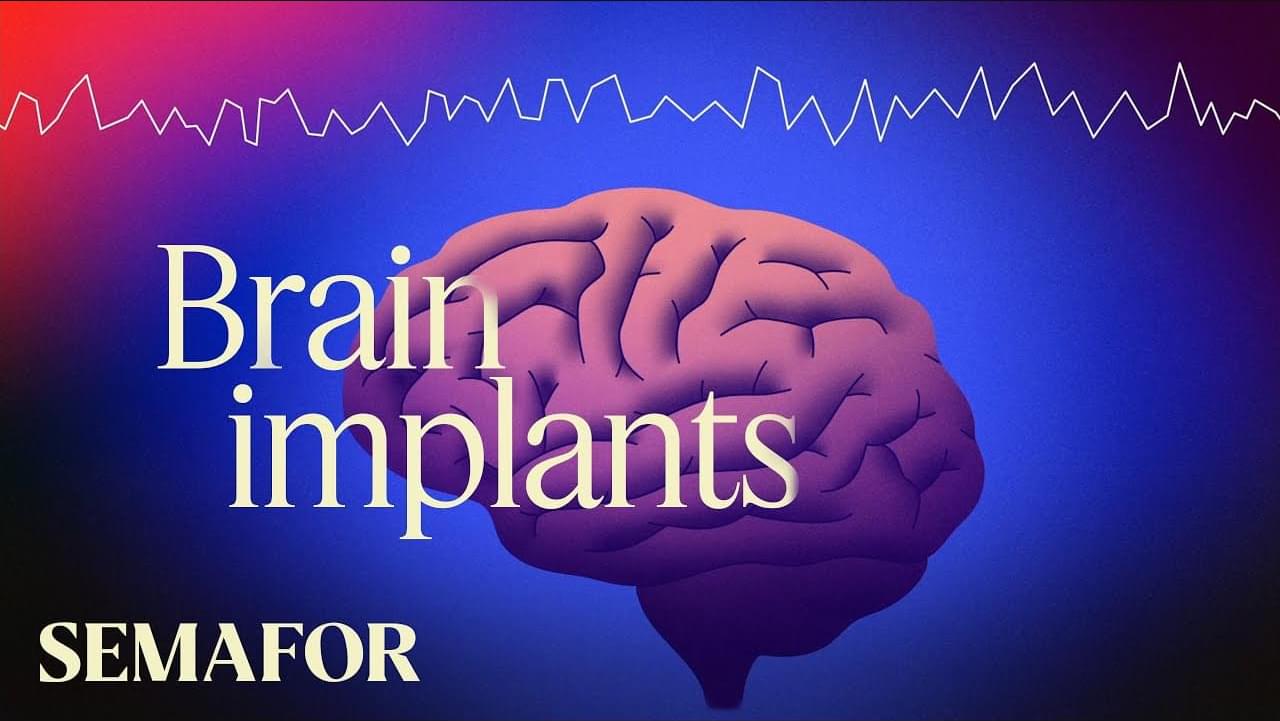
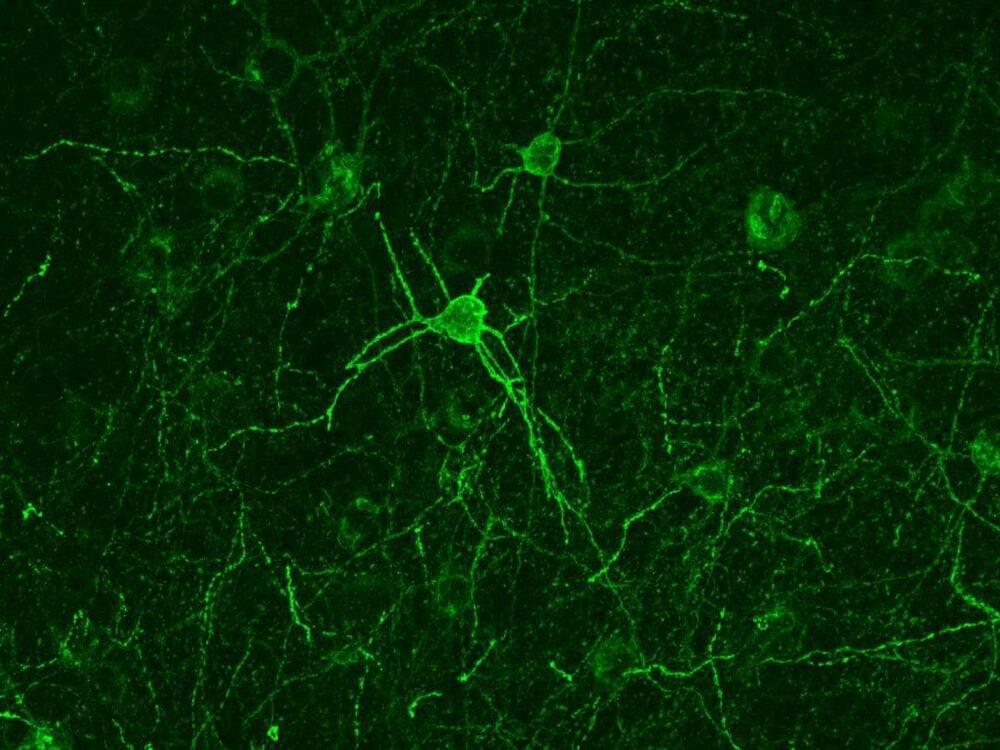
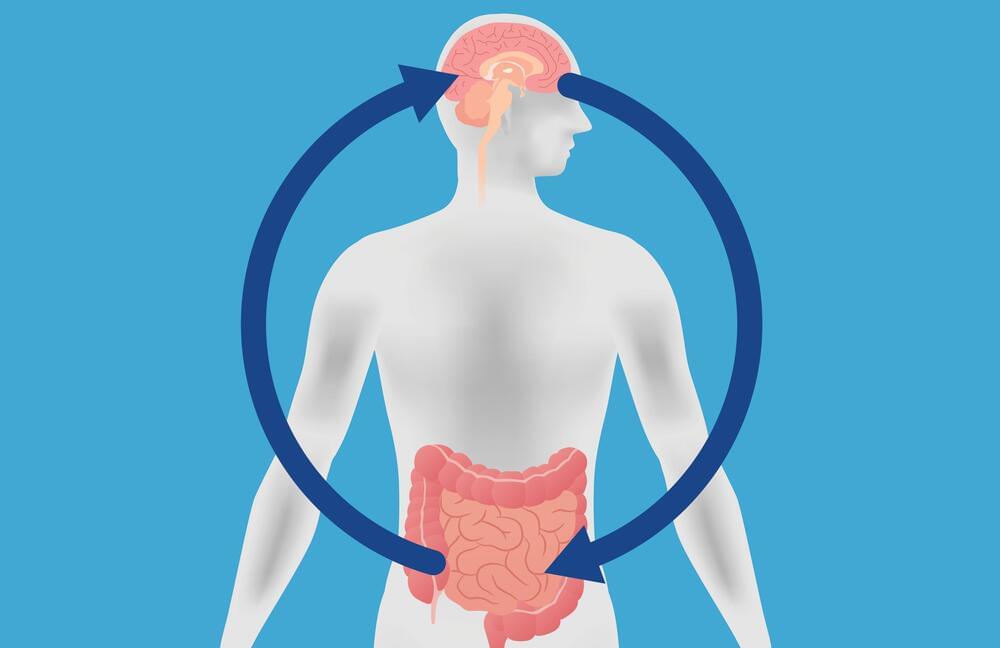


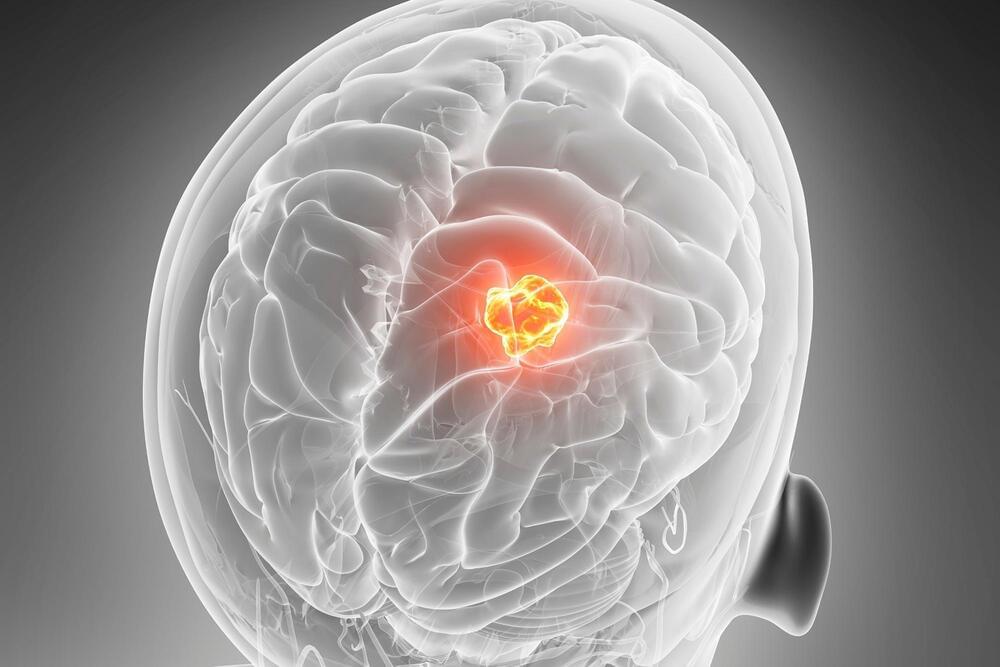
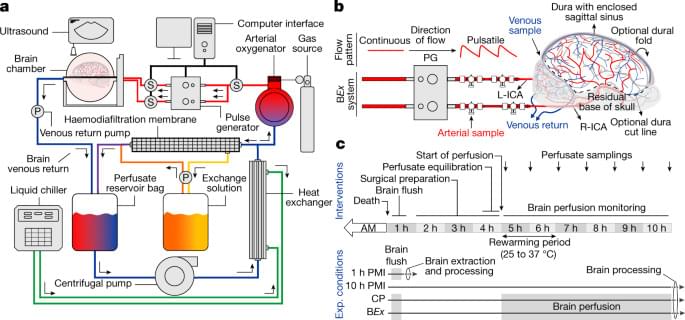
 The Call is still open on senescence in brain aging and Alzheimers disease!
The Call is still open on senescence in brain aging and Alzheimers disease!








